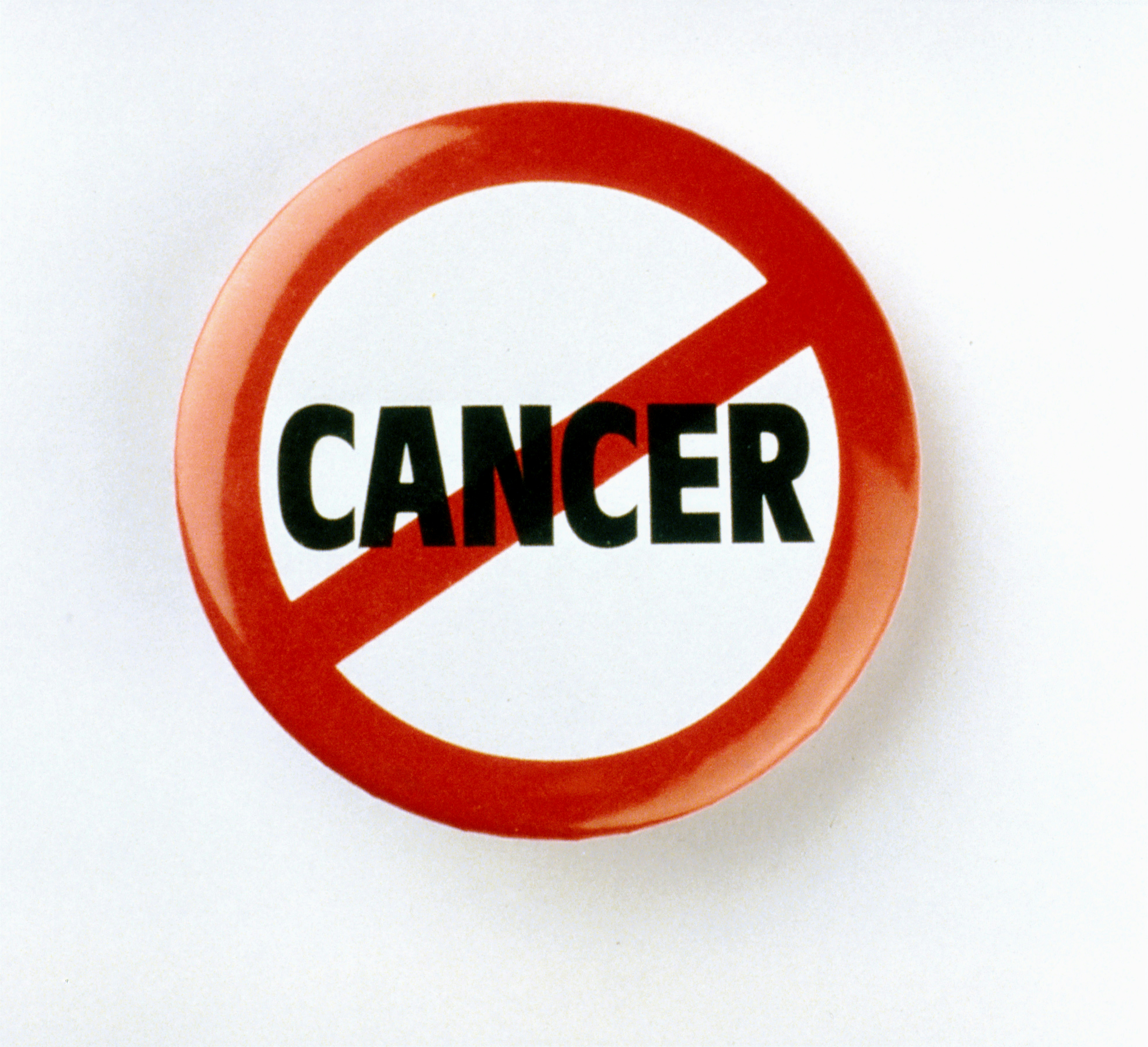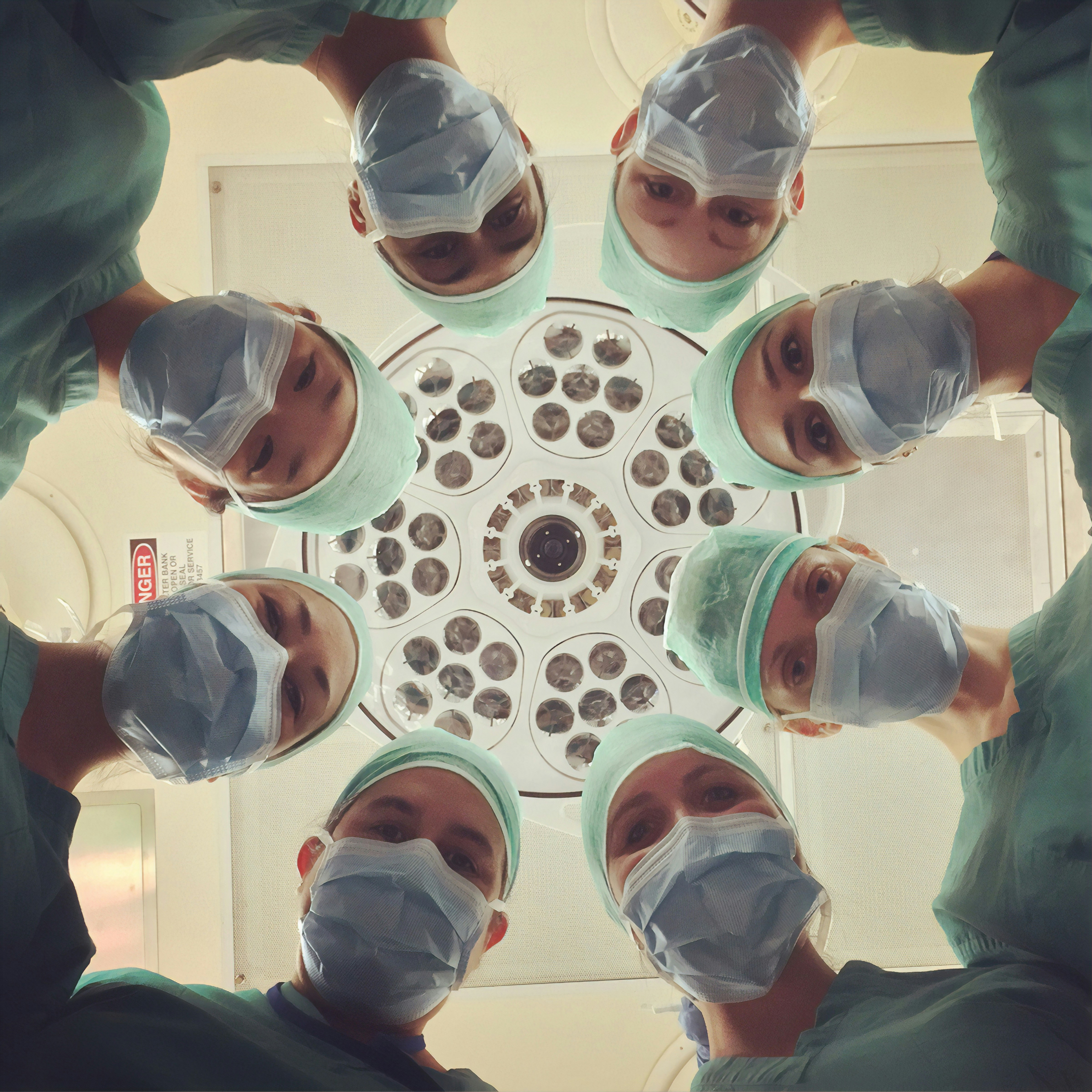If you or a loved one have been diagnosed with prostate cancer and undergone treatment, you may find yourself wondering: can prostate cancer come back after treatment? This is a common question that many individuals have, and rightfully so. While treatment can be successful in eradicating or controlling the cancer, there is always a possibility of recurrence. In this article, we will explore the likelihood of prostate cancer returning after treatment and discuss the factors that can increase or decrease this risk.
Understanding Prostate Cancer
Prostate cancer is a form of cancer that develops in the prostate, a small gland located in the male reproductive system. This gland is responsible for producing seminal fluid, which nourishes and transports sperm. When cancer cells develop in the prostate, it can lead to the formation of a tumor.
Defining Prostate Cancer
Prostate cancer occurs when the cells in the prostate gland begin to grow and multiply uncontrollably. These abnormal cells can form a tumor and potentially spread to other parts of the body if left untreated. It is important to diagnose and treat prostate cancer early to increase the chances of a successful outcome.
Common Signs and Symptoms
In the early stages, prostate cancer may not cause noticeable signs or symptoms. However, as the disease progresses, some common signs and symptoms may include:
- Frequent urination, especially at night
- Difficulty starting or stopping urination
- Weak or interrupted urine flow
- Blood in the urine or semen
- Erectile dysfunction
- Pain or discomfort in the pelvic region
If you experience any of these symptoms, it is important to consult with your healthcare provider to determine the cause and receive appropriate evaluation.
Risk Factors and Causes
Several factors can increase the risk of developing prostate cancer. Age is a significant factor, as the risk tends to increase as men get older. Family history and genetics may also play a role, as men with close relatives who have had prostate cancer are at a higher risk. Ethnicity, with African American men having a higher risk compared to other populations, and a diet high in red meat or dairy products may also contribute to the development of prostate cancer.
Prostate Cancer Treatments
Several treatment options are available for prostate cancer, depending on the stage and aggressiveness of the disease. Here are the most common treatment interventions:
Surgical Interventions
Surgery, such as a radical prostatectomy, involves the removal of the prostate gland and surrounding tissues. This procedure aims to remove the cancerous cells and prevent the spread of the disease. There are different surgical techniques available, including open surgery and minimally invasive procedures, such as laparoscopic or robotic-assisted surgery.
Radiation Therapy
Radiation therapy uses high-energy X-rays or other forms of radiation to target and kill cancer cells. It can be delivered externally or internally, depending on the specific treatment plan. External beam radiation therapy involves using a machine to target the prostate area, while brachytherapy places radioactive seeds directly into the prostate.
Cryoablation Therapy
Cryoablation therapy is a minimally invasive procedure that involves freezing and killing cancer cells. A probe is inserted into the prostate, and extremely cold gases or liquids are used to freeze the tumor, destroying the cancer cells. This technique is often used for localized prostate cancer and may have fewer side effects compared to other treatment options.
Chemotherapy
Chemotherapy uses drugs to kill cancer cells throughout the body. It is often used in cases where the cancer has spread beyond the prostate or when other treatments have not been successful. Chemotherapy may be administered intravenously or in the form of oral medications.
Defining Cancer Recurrence
Cancer recurrence refers to the return of cancer cells after a period of remission or successful treatment. In the case of prostate cancer, recurrence means that the cancer has returned after initial treatment interventions.
What is Cancer Recurrence?
Cancer recurrence occurs when some cancer cells are left behind after treatment and eventually start to grow and multiply again. These cells may have been present in the prostate area or may have spread to other parts of the body, such as the lymph nodes or bones. Cancer recurrence can happen months or even years after initial treatment.
Types of Cancer Recurrence: Local, Regional, and Distant
There are different types of cancer recurrence depending on the location of the cancer cells. Local recurrence refers to the return of cancer cells in the prostate or the tissues adjacent to the prostate gland. Regional recurrence occurs when the cancer has spread to the nearby lymph nodes. Distant recurrence, also known as metastatic recurrence, happens when cancer has spread to other distant organs or bones.
Monitoring Prostate Cancer Post-Treatment
After completing treatment for prostate cancer, it is important to establish a follow-up care plan to monitor your health and detect any signs of possible recurrence. Regular follow-up care can help ensure that any potential issues are identified early and appropriate interventions are implemented.
Follow-up Care and Monitoring
Follow-up care typically involves regular check-ups with your healthcare provider to evaluate your overall health and monitor for any signs of cancer recurrence. These visits may include physical examinations, blood tests, and discussions about any new symptoms or concerns.
Regular Tests and Scans
During follow-up care, your healthcare provider may order specific tests and imaging scans to monitor your prostate cancer. The most common test used is the Prostate-Specific Antigen (PSA) test, which measures the amount of PSA in your blood. Other imaging scans, such as CT scans, bone scans, or MRI scans, may also be performed to evaluate the presence of any new tumors or metastasis.
Signs of Possible Recurrence
It is important to be aware of the signs and symptoms that may indicate a possible recurrence of prostate cancer. These can include:
- Elevated or rising PSA levels
- Development of new symptoms, such as bone pain or weight loss
- Changes in urinary or sexual function
- Progressively worsening symptoms previously experienced
If you experience any of these signs, it is crucial to notify your healthcare provider as soon as possible for further evaluation.

Prostate Cancer Recurrence Rates
Prostate cancer recurrence rates can vary depending on various factors. Understanding these statistics can provide insight into the potential outcomes and help guide treatment decisions.
Statistics on Prostate Cancer Recurrence
The recurrence rates for prostate cancer can vary depending on the stage and grade of the disease at the time of initial treatment. Generally, the risk of recurrence is higher for patients with higher-grade tumors or those with advanced disease at the time of treatment. According to research, approximately 30% to 40% of patients experience a recurrence within 5 years of initial treatment.
Factors Affecting Recurrence Rates
Several factors can affect the recurrence rates of prostate cancer. These include the stage and grade of the cancer at the time of diagnosis, the effectiveness of the initial treatment, and the presence of any residual cancer cells. Additionally, age, overall health, and adherence to post-treatment monitoring and follow-up care can also impact recurrence rates.
Detecting Recurrence of Prostate Cancer
Detecting the recurrence of prostate cancer is crucial for timely intervention and appropriate management. Several methods and tests can help identify the presence of recurrent cancer cells.
Role of Prostate-Specific Antigen (PSA) Test
The PSA test is a valuable tool for monitoring and detecting recurrence of prostate cancer. By measuring the levels of PSA in the blood, healthcare providers can assess changes in PSA levels over time. Rising or elevated PSA levels may indicate the presence of recurrent cancer cells.
Medical Imaging Techniques
Various medical imaging techniques, such as CT scans, bone scans, MRI scans, or PET scans, may be utilized to detect the presence of recurrent prostate cancer. These imaging tests can help identify the location and extent of the recurrence, as well as determine if the cancer has spread to other organs or bones.
Biopsy for Confirmation
If the PSA levels or imaging tests suggest the presence of recurrent prostate cancer, a biopsy may be performed to confirm the diagnosis. During a biopsy, a small tissue sample is taken from the suspected area and sent for laboratory analysis. The results of the biopsy can provide valuable information about the characteristics and aggressiveness of the recurrent cancer.
Understanding Prostate Cancer Recurrence
Prostate cancer recurrence can occur in different ways and have varying impacts on an individual's health. Understanding the different types of recurrence, factors contributing to recurrence, and the influence of initial treatment is vital for managing the disease effectively.
Types of Prostate Cancer Recurrence: Local and Systemic
Prostate cancer recurrence can be broadly classified into two types: local recurrence and systemic recurrence. Local recurrence refers to the return of cancer cells in or near the prostate gland. Systemic recurrence, on the other hand, occurs when the cancer has spread to distant organs or bones.
Contributing Factors for Recurrence
Several factors can contribute to the recurrence of prostate cancer. These include the aggressiveness of the initial tumor, the presence of any residual cancer cells, and the effectiveness of the treatment interventions. Other factors, such as age, overall health, and lifestyle choices, may also play a role in the likelihood of recurrence.
Initial Treatment's Influence on Recurrence
The choice and effectiveness of the initial treatment interventions can significantly impact the risk of recurrence. Optimal surgical or radiation techniques, as well as adherence to post-treatment monitoring and follow-up care, can help reduce the chances of recurrence.
Managing Recurrent Prostate Cancer
When prostate cancer recurs, there are various therapeutic options available to manage the disease and improve quality of life.
Therapeutic Options
The management of recurrent prostate cancer can involve a combination of treatment modalities, such as surgery, radiation therapy, hormone therapy, or chemotherapy. The specific treatment plan will depend on the characteristics of the recurrent cancer, the location and extent of the spread, and the individual's overall health.
Role of Palliative Care
Palliative care plays an important role in managing recurrent prostate cancer, focusing on improving overall quality of life and symptom management. Palliative care aims to provide physical, emotional, and spiritual support to individuals and their families, addressing a wide range of needs throughout the disease trajectory.
Psychosocial Support for Patients
Recurrent prostate cancer can bring about various emotional and psychological challenges. It is essential for patients to have access to psychosocial support, including counseling, support groups, and other resources, to help cope with these challenges and promote overall well-being.
Preventing Prostate Cancer Recurrence
While it is not always possible to prevent the recurrence of prostate cancer entirely, certain lifestyle modifications can help reduce the risk and improve overall health.
Lifestyle Modifications
Maintaining a healthy lifestyle can be beneficial in reducing the risk of prostate cancer recurrence. This includes avoiding tobacco and excessive alcohol consumption, adopting a balanced diet, managing stress levels, and getting adequate sleep.
Nutrition and Diet
A well-rounded diet rich in fruits, vegetables, whole grains, lean proteins, and healthy fats can support overall health and potentially reduce the risk of recurrence. Some studies suggest that a diet low in saturated fats, red meat, and processed foods may have a positive impact on prostate cancer outcomes.
Physical Activity and Exercise
Regular physical activity and exercise have been associated with a reduced risk of cancer recurrence and improved overall well-being. Engaging in activities such as walking, swimming, or strength training, as recommended by healthcare providers, can be beneficial for post-treatment recovery and reducing the risk of recurrence.
Quality of Life After Prostate Cancer Recurrence
Living with recurrent prostate cancer can have a significant impact on an individual's quality of life. Understanding and addressing the potential changes and challenges that may arise is essential for optimal well-being.
Impact on Physical Health
Recurrent prostate cancer and its treatment interventions can affect physical health in various ways. Side effects from treatments, such as fatigue, urinary dysfunction, or sexual dysfunction, may persist or worsen. It is important to communicate with healthcare providers about any physical concerns to explore potential management strategies.
Influence on Mental Health
Coping with the recurrence of prostate cancer can bring about emotional and psychological challenges. Anxiety, depression, and fear of the future are common experiences. Seeking support from healthcare providers, mental health professionals, and support groups can help individuals navigate these challenges and promote mental well-being.
Support Systems for Coping
Having a solid support system in place can greatly contribute to a person's ability to cope with recurrent prostate cancer. This may include family members, friends, support groups, or healthcare professionals who can provide understanding, encouragement, and practical assistance throughout the journey.
In conclusion, understanding prostate cancer, its signs and symptoms, treatment options, and the risk of recurrence is crucial for managing the disease effectively. Regular monitoring, detection of recurrence, and appropriate interventions can help improve outcomes and quality of life for individuals living with recurrent prostate cancer. By adopting a healthy lifestyle and seeking necessary support, it is possible to navigate the challenges and move forward with hope and resilience.



